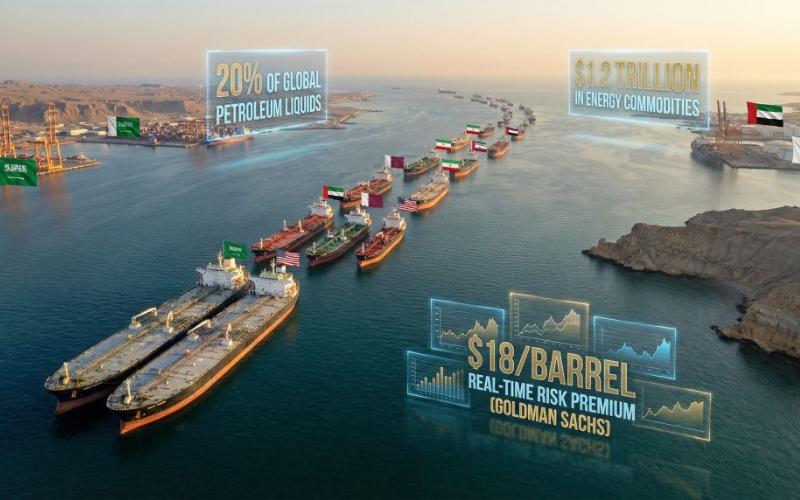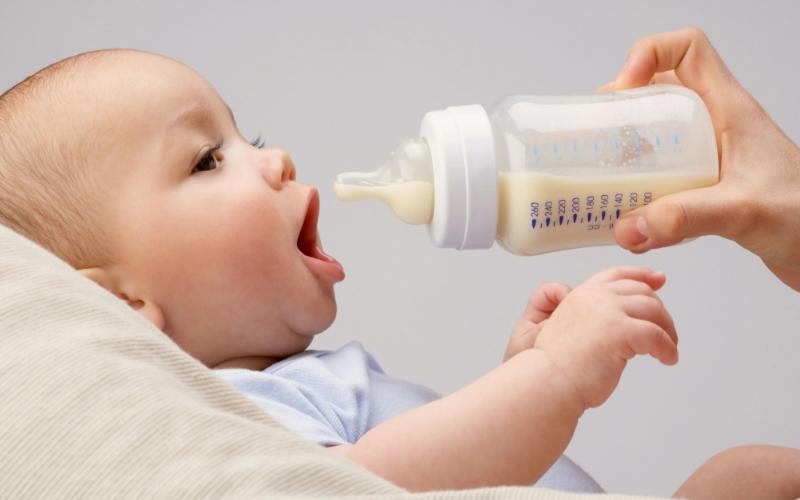The EU is imposing a 50% tariff on all agricultural imports from Russia and Belarus

According to the European Commission, the goal of the initiative is to reduce the EU market’s dependence on Russian and Belarusian supplies and to enhance the bloc’s food security.
Under a decision by the EU Council, additional duties are being imposed on nitrogen fertilizers from Russia and Belarus, with rates set to increase gradually over the next three years. Starting from July 1, 2025, imports of urea, ammonium nitrate, and other nitrogen fertilizers will be subject to duties ranging from €40 to €45 per tonne.
In addition, safeguard tariffs will be introduced if established import quotas are exceeded. The permitted volumes of combined fertilizer exports from Russia and Belarus to the EU are as follows:
-
2.7 million tonnes in 2025–2026
-
1.8 million tonnes in 2026–2027
-
0.9 million tonnes in 2027–2028
If these thresholds are surpassed, the duties will be significantly tightened.
Despite the European Commission’s assurances that the measures will be monitored to "avoid harming European farmers," major EU agricultural unions have already voiced concerns. They warn that the protective tariffs on Russian fertilizers could drive up production costs for farmers and lead to fertilizer shortages in the European market.
It is noted that in 2024 alone, the EU imported 6.2 million tonnes of fertilizers from Russia, accounting for about 25% of its total fertilizer imports.
According to Eurostat, in March 2025, the volume of Russian fertilizer imports into the EU reached its highest level since November 2022. The total value of these imports amounted to €206.1 million, a 15% increase compared to both February and the same period the previous year.
Analysts point out that the surge in shipments was driven by seasonal demand and the uneven implementation of restrictions, allowing exporters to quickly capitalize on market openings.
Russian authorities have stated their readiness for the consequences of the EU’s new duties. Officials in Moscow emphasize that the country has adapted to sanctions pressure and is successfully diversifying its export routes. They also note that voices within Western countries are increasingly acknowledging the ineffectiveness of anti-Russian restrictions.










